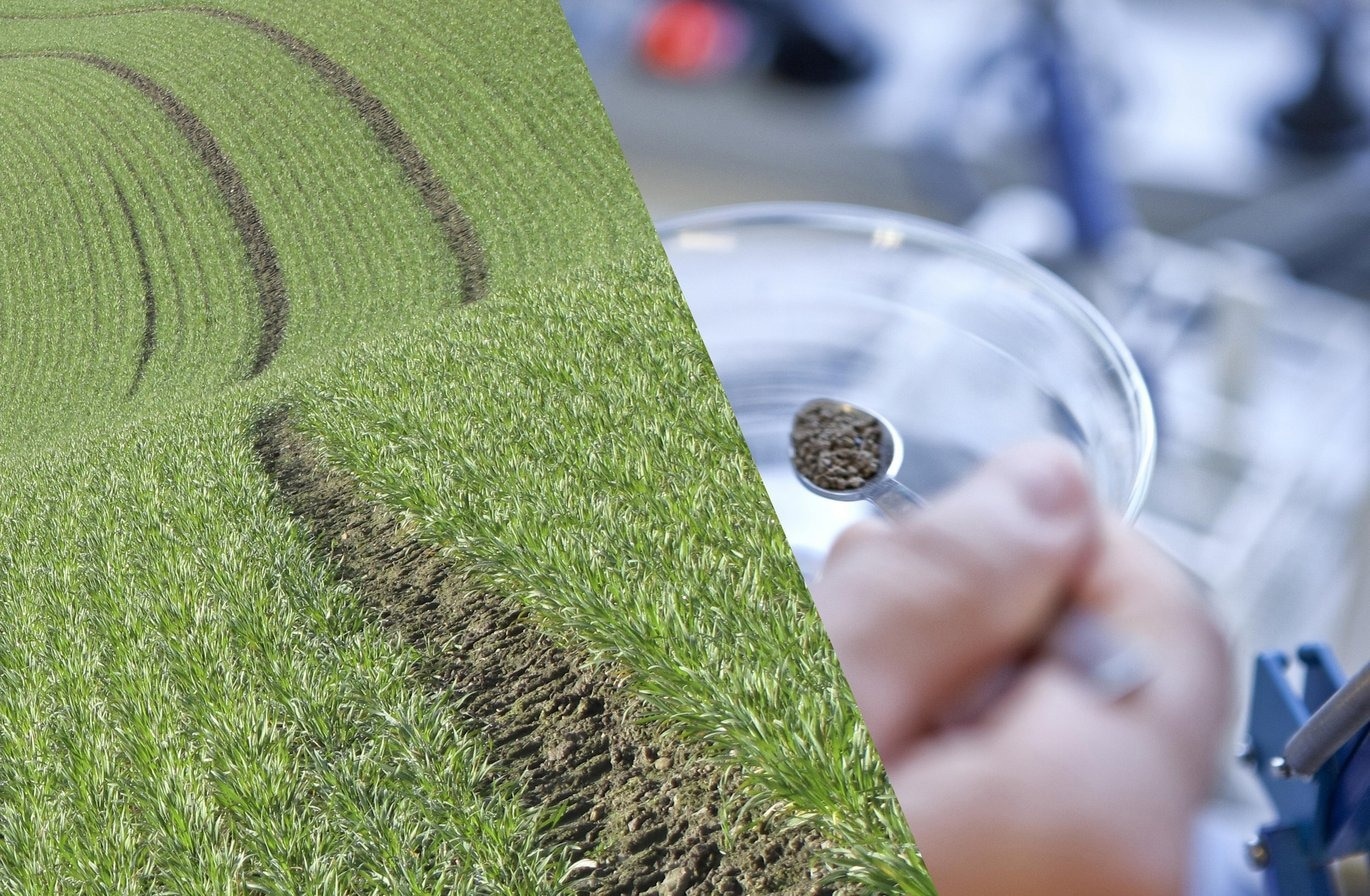Soil microbiology research greatly relies on big data. This suggests that experiments will no longer be conducted primarily in the laboratory but will instead be conducted in the field.

Image Credit: AU Foto/Colourbox
It will naturally present challenges when you choose to scale up your research from laboratory to field trials and beyond. There is a big difference between laboratory and field experiments, and this can lead to inconsistent and even contrasting results, so it is important to bridge the gap between laboratory, field, and model-based studies of microbial ecosystem functions.”
Ji Chen, Tenure Track Researcher, Department of Agroecology, Aarhus University
From Well-Controlled Conditions to Uncontrolled
Experiments in the laboratory can be carried out under carefully controlled settings. The same is not true when the investigations are moved to field ecosystems. Weather, soils, and a variety of other environmental factors all have an impact on the results.
You could actually say that the laboratory experiments are limited because they ignore the wide range of environmental impacts that you would encounter in situ. So, there is a risk of contradictions between laboratory and field studies, which can ultimately mislead our development of models and projections.”
Ji Chen, Tenure Track Researcher, Department of Agroecology, Aarhus University
To obtain the most valid results, soil microbiology research must be scaled up from laboratories to actual ecosystems. However, there are significant problems.
Scaling up is not just about making the experiments bigger, it requires us as researchers to investigate and work out what microbiological processes and relationships are going on in the soil at every level when we can't control all the environmental influences.”
Ji Chen, Tenure Track Researcher, Department of Agroecology, Aarhus University
The Differences Between Laboratory and Field Results
A significant difference between the different experiments is the soil. The soil used in laboratory experiments has been disturbed. It has been dug up and transferred, and in certain cases, it has also been treated. This can cause changes in microbial communities and nutrient cycles that are not always consistent with those found in undisturbed field soils.
“The duration of the study can also affect the results, as short-term laboratory incubations may give different predictions than long-term laboratory studies or field-based observations,” notes Ji Chen.
According to scientists, such disparities in research results can have ramifications for predicting the soil’s carbon and nutrient cycle, as well as greenhouse gas emissions.
“Ultimately, in other words, these discrepancies can affect the development of policies based on scientific evidence. This is a challenge we face as environmental researchers because our results can be used to inform policy makers on climate-smart and resource-efficient ecosystems,” adds Ji Chen.
According to Ji Chen, the absence of understanding of scaling soil microbiology from the laboratory to ecosystems should spur more interdisciplinary collaboration across experimental, observational, theoretical, and modeling studies.
Source:
Journal reference:
Chen, J., et al. (2022). Challenges in upscaling laboratory studies to ecosystems in soil microbiology research. Global Change Biology. doi.org/10.1111/gcb.16537.